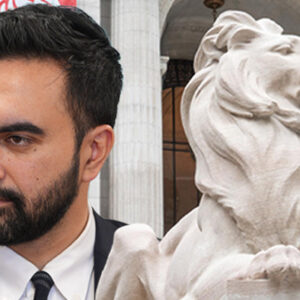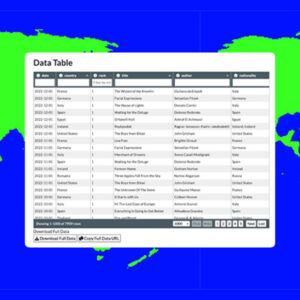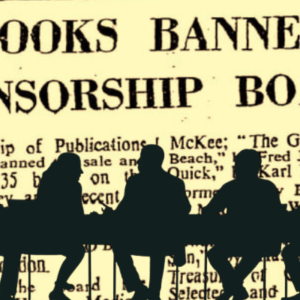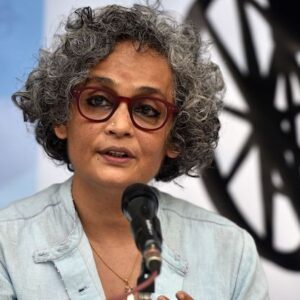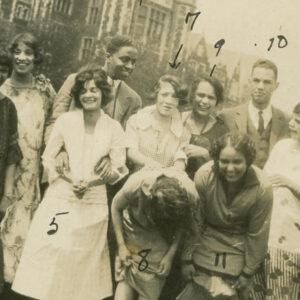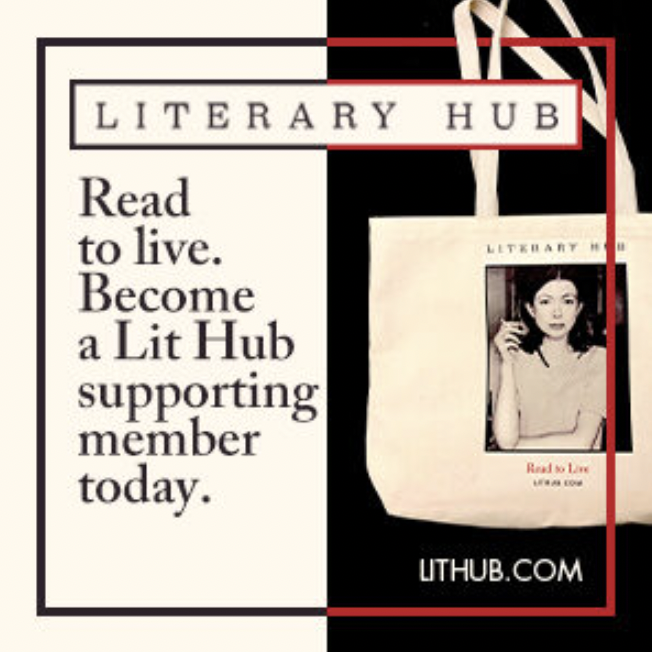Five great episodes of Michael Silverblatt’s Bookworm, in honor of the late host.
Michael Silverblatt, the dedicated host of KCRW’s Bookworm, died last Friday at 73. Bookworm ran from 1989-2022, and was nationally syndicated. Over his thirty years on the airwaves, Silverblatt interviewed almost all your favorite authors. Everyone from William Vollmann to Read more >











